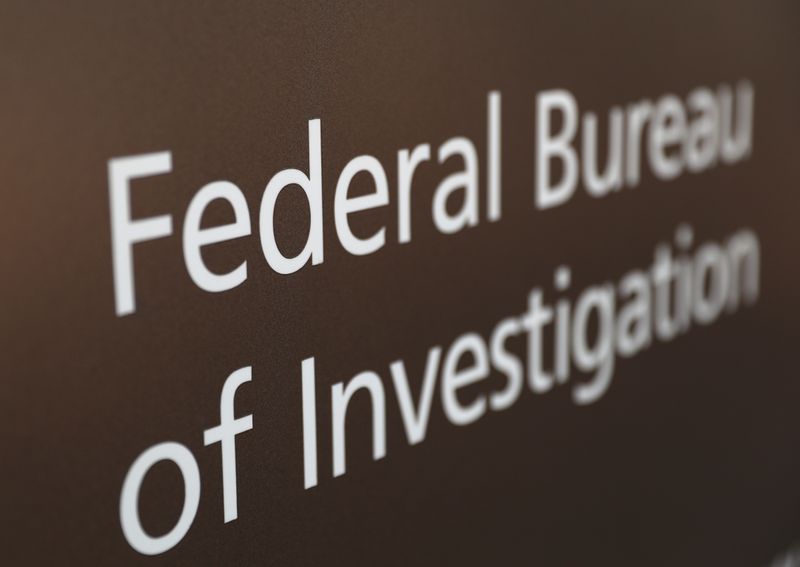WASHINGTON (Reuters) – The FBI said on Thursday that the errors and sloppy record-keeping identified in connection with 29 of its applications submitted to a federal court to obtain wiretaps to monitor U.S. citizens were “non-material” and did not undermine their legal validity.
The FBI’s statement on Thursday came several months after Justice Department Inspector General Michael Horowitz released an audit faulting the FBI for failing to follow procedures designed to minimize factual inaccuracies in applications to the Foreign Intelligence Surveillance Court.
Those procedures, among other things, require the FBI to include only “scrupulously accurate” statements.
The FBI revealed on Thursday that, in a joint court filing with the department’s Office of Intelligence, “none of the errors” identified by the inspector general “undermined or otherwise impacted the validity” of the court orders approving the wiretaps.
Of more than 6,700 facts asserted, most of the errors involved “minor typographical errors,” the FBI added. Only two were deemed material, but neither of them undermined “probable cause determinations.”
The FBI’s findings could help take some of the heat off the bureau, which has been under fire for missteps in its early-stage investigation known as “Operation Crossfire Hurricane” into whether President Donald Trump’s 2016 presidential campaign colluded with Russia.
In December, Horowitz released a major report scrutinizing the FBI’s FISA applications to spy on Carter Page, a former Trump campaign adviser.
He uncovered 17 major mistakes in the FBI’s applications – errors that were so substantial, they prompted Foreign Intelligence Surveillance Court judge to issue a rare public rebuke of the FBI and order the bureau to provide details on how it would correct its procedures.
While the FBI has taken corrective measures to improve its policies, the Republican-led Senate Judiciary Committee is still probing the errors in Operation Crossfire Hurricane.
Next week, former Deputy Attorney General Sally Yates will testify before the panel about her role in the Russia investigation.
(Reporting by Sarah N. Lynch; Editing by Nick Zieminski)




















